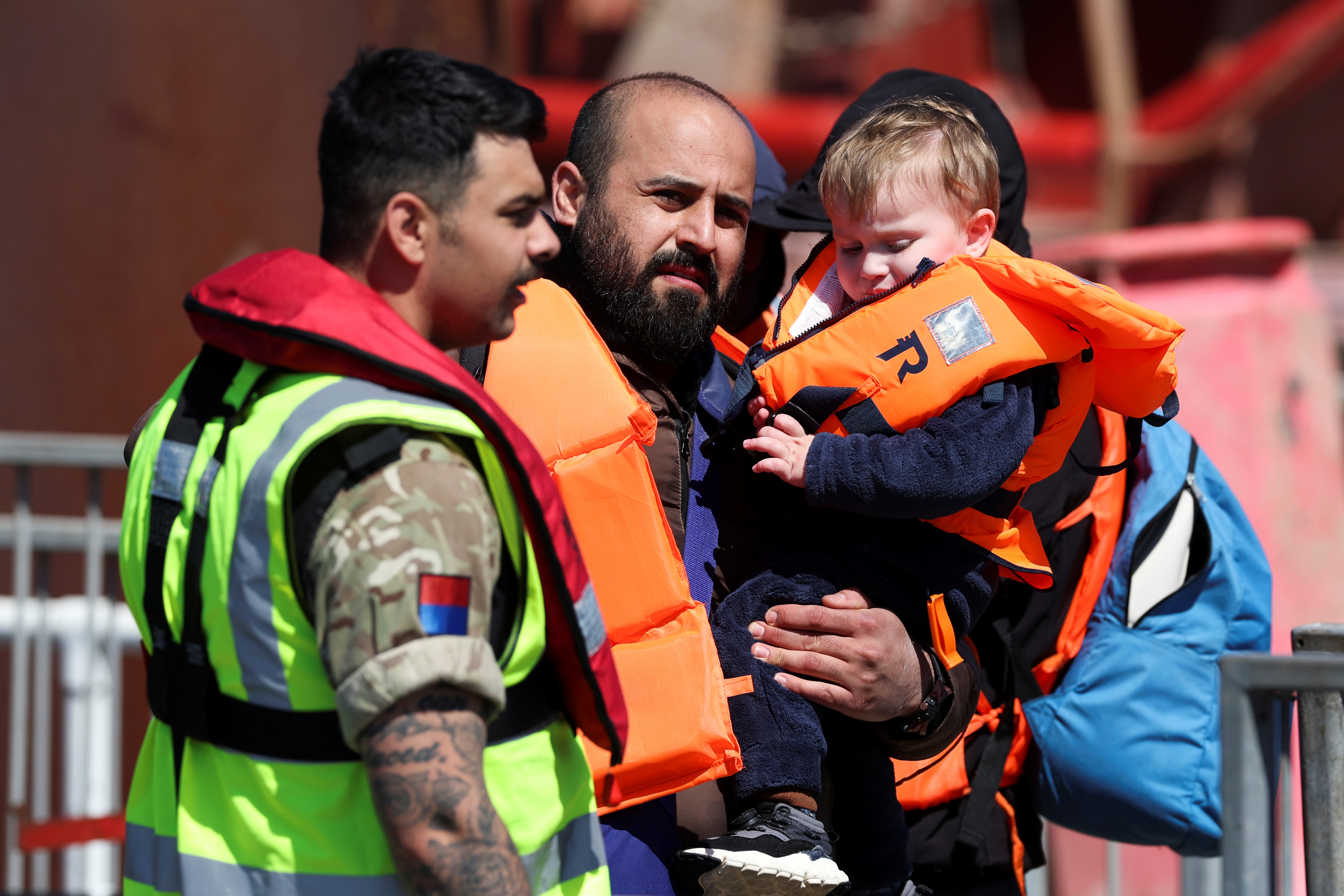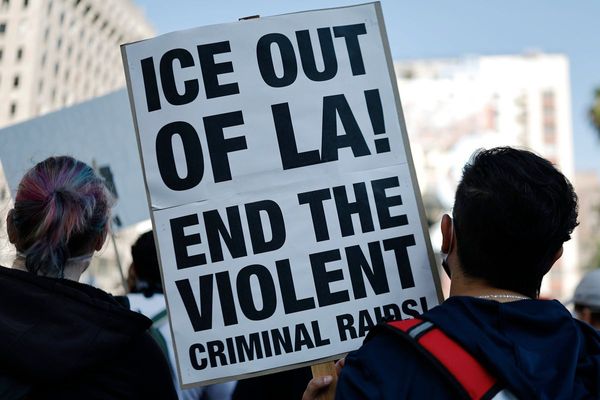
The United Kingdom’s handling of migrants and asylum seekers who arrive by small boats via the English Channel has been unacceptable, ineffective and inefficient, an independent inspection has concluded.
The inspection, led by Chief Inspector of Borders and Immigration David Neal, focused on the initial processing of people at two government centres in Dover, southeastern England, between December 2021 and January 2022.
Its report, published on Thursday after months of delay, concluded the UK government’s response to an increasing number of arrivals on its shores since the beginning of last year was “poor, particularly in terms of systems, processes, resources, data collection and accurate record keeping”.
“These migrants crossed the Channel in dire circumstances. Many were vulnerable and at risk, including children and women on their own, and when they arrived in Dover the way they were dealt with was unacceptable,” Neal said.
“This is because the Home Office has failed, over the past three years, to move from a crisis response to having better systems and procedures in place and treating this as business as usual,” he added, citing the government department responsible for handling immigration matters.
Perilous crossings
The number of people attempting dangerous sea crossings to the UK has risen sharply since the beginning of 2021, forcing the government to address criticism from some quarters that border controls are too weak, while others said that those seeking asylum are being treated inhumanely.
More than 28,000 migrants and asylum seekers crossed from mainland Europe to the UK via the English Channel last year, a more than threefold increase on the figure for the year before, and crossings have continued at a pace this year.
Many have made the perilous crossing of one of the world’s busiest shipping lanes in small dinghies unsafe for the journey.
Highlighting the danger of the route, in November 2021, 27 people died while attempting to reach the UK in an inflatable dinghy – the deadliest recorded accident of its kind in the Channel – triggering a blame game between London and Paris.
The report said the government’s inadequate response to the surge in arrivals at Dover had exposed gaps in security procedures and left vulnerable people at risk.
“Data, the lifeblood of decision-making, is inexcusably awful. Equipment to carry out security checks is often first-generation and unreliable. Biometrics, such as taking fingerprints and photographs, are not always recorded,” he said.
“Put simply, if we don’t have a record of people coming into the country, then we do not know who is threatened or who is threatening.”
Controversial Rwanda plan
Responding to the report, the Home Office said that changes made to its handling of arrivals via the English Channel meant that “the operation is now fundamentally different to that which was inspected” at the two sites.
“The changes … were already in train at the time of the inspection and were specifically aimed at addressing some of the core issues highlighted in this report,” it said.
“Nonetheless, the Home Office acknowledges the observations of fact in the report and accepts all the recommendations without demur.”
The report came as the UK government continues to pursue a highly controversial new immigration policy that would see migrants and refugees sent to Rwanda for processing.
Under an agreement struck in April, London plans to redirect thousands of people who arrive on its shores without documentation more than 4,000 miles (6,4000km) away to the East African country.
But the plan, which critics have denounced as unethical, unworkable and overly expensive, has run into legal challenges after its opponents instigated a judicial review to challenge its lawfulness.
The review is scheduled to begin in early September, London’s High Court said on Wednesday.







